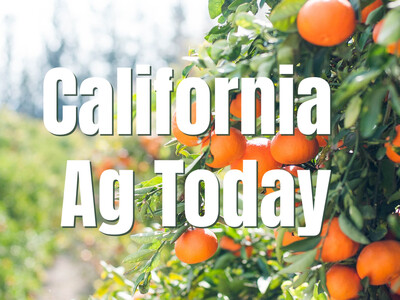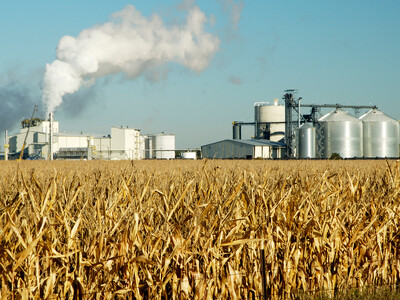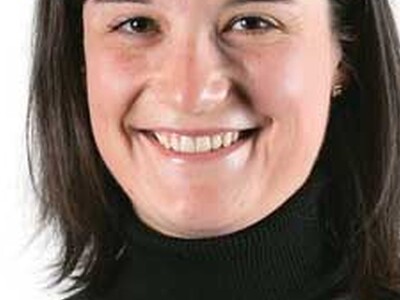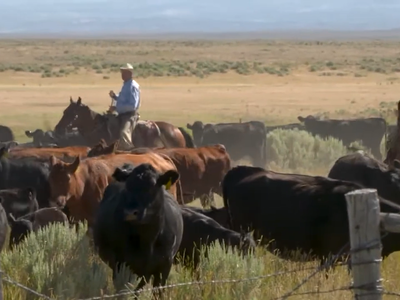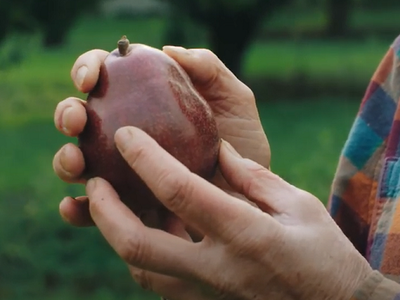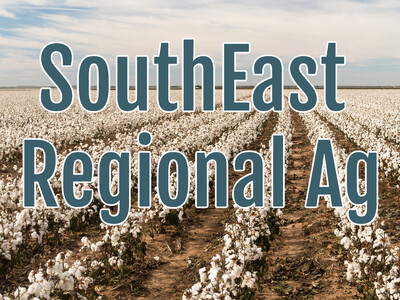Rain for the West & Cheese Recalled
Rain for the West & Cheese Recalled plus Food Forethought. I’m Greg Martin with today’s Northwest Report.
Golden Glen Creamery of Bow, Wash., is pulling 20 pounds of its Raw Cheddar which was distributed to retail stores and sold at its farm south of Bellingham between Sept. 22 and Nov. 5. The recall follows a test by the Washington state Department of Agriculture, which turned up listeria. The company said it had no reports of illness. The company has stopped production and distribution of its Raw Cheddar while health authorities investigate. Listeria is a dangerous bug and poses a special threat to pregnant women, causing miscarriages and stillbirths. It is killed by thorough cooking or pasteurization but this cheese was made with raw milk. Once listeria gets in a facility, it’s difficult to eliminate, partly because it multiplies even under refrigeration.
It looks like it might get a bit damp this weekend here in the northwest. A series of storms this weekend and next week could provide much needed rain and snow to areas of the West according to Meteorologist Brad Rippey.
RIPPEY: That will leave a door open in the west to a series of storms that will begin to affect the Pacific coast states starting this weekend. As we move into next week it looks like that won’t be the final storm as at least one or two more coming into the west, maybe not as far south as
Now with today’s Food Forethought, here’s Lacy Gray.
It’s always fascinating and strangely deja vu like when modern science takes its cue from science fiction novels of forty or even fifty plus years ago. For instance, the James Dyson Award this year was given to an engineer who created the Airdrop, a design that pulls water from the air to irrigate drought and desert areas. Fans of classic science fiction may recall similar WindTraps from Frank Herbert’s 1965 novel Dune, which were described as devices placed in the path of prevailing winds and capable of drawing the moisture from the air. The Airdrop works on roughly the same principle that even the driest of air contains water molecules that can be extracted after lowering the air’s temperature in order to create condensation. Another plus for the Airdrop design is that it can be powered by sunlight. Hopefully in the future it may even utilize the very wind it draws moisture from for its power. Purposefully simplistic in its design, the Airdrop could be the ultimate low tech solution for farmers in drought regions; giving them the flexibility and freedom to install and maintain a system that provides a crop saving supply of water.
Thanks Lacy. That’s today’s Northwest Report. I’m Greg Martin on the Ag Information Network.






